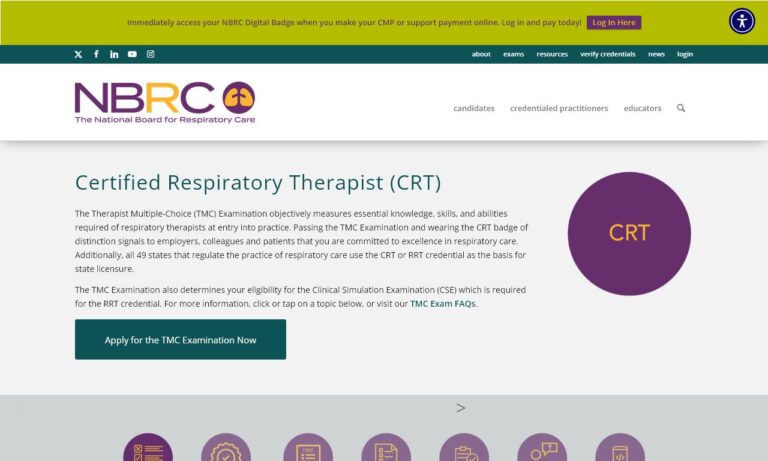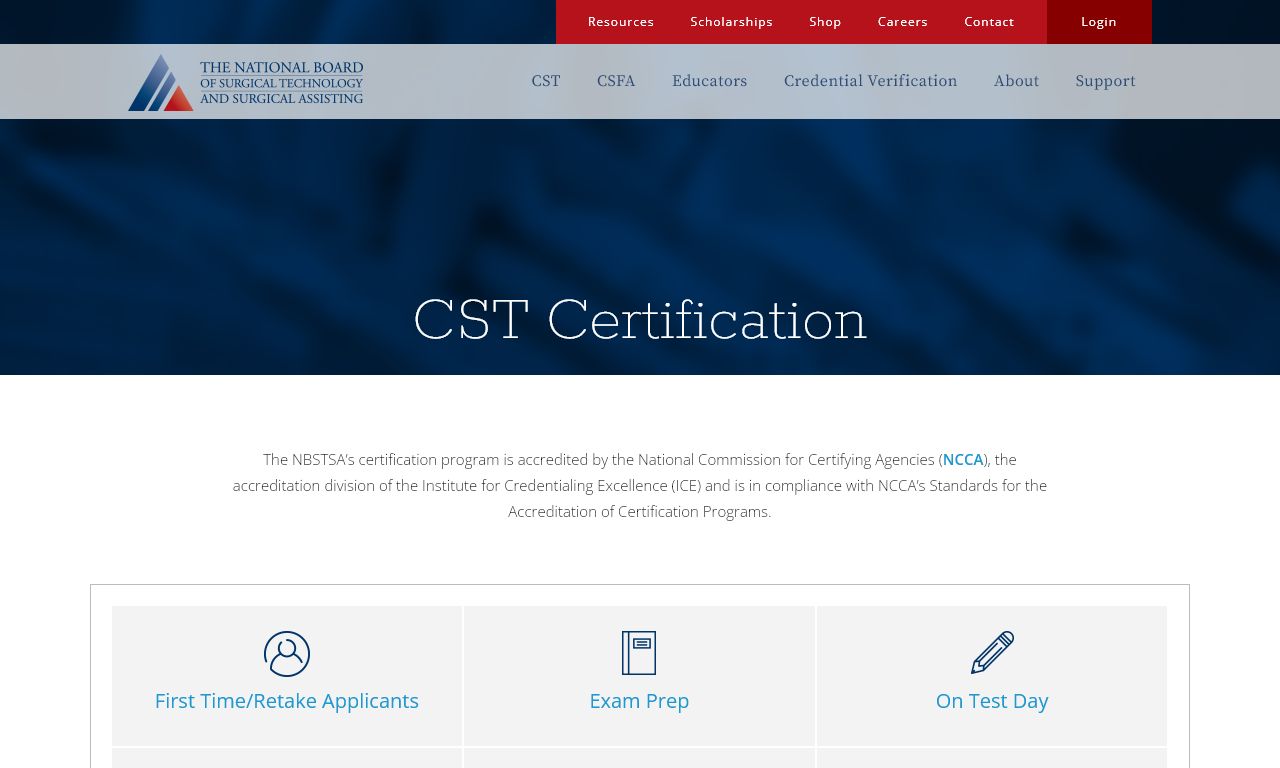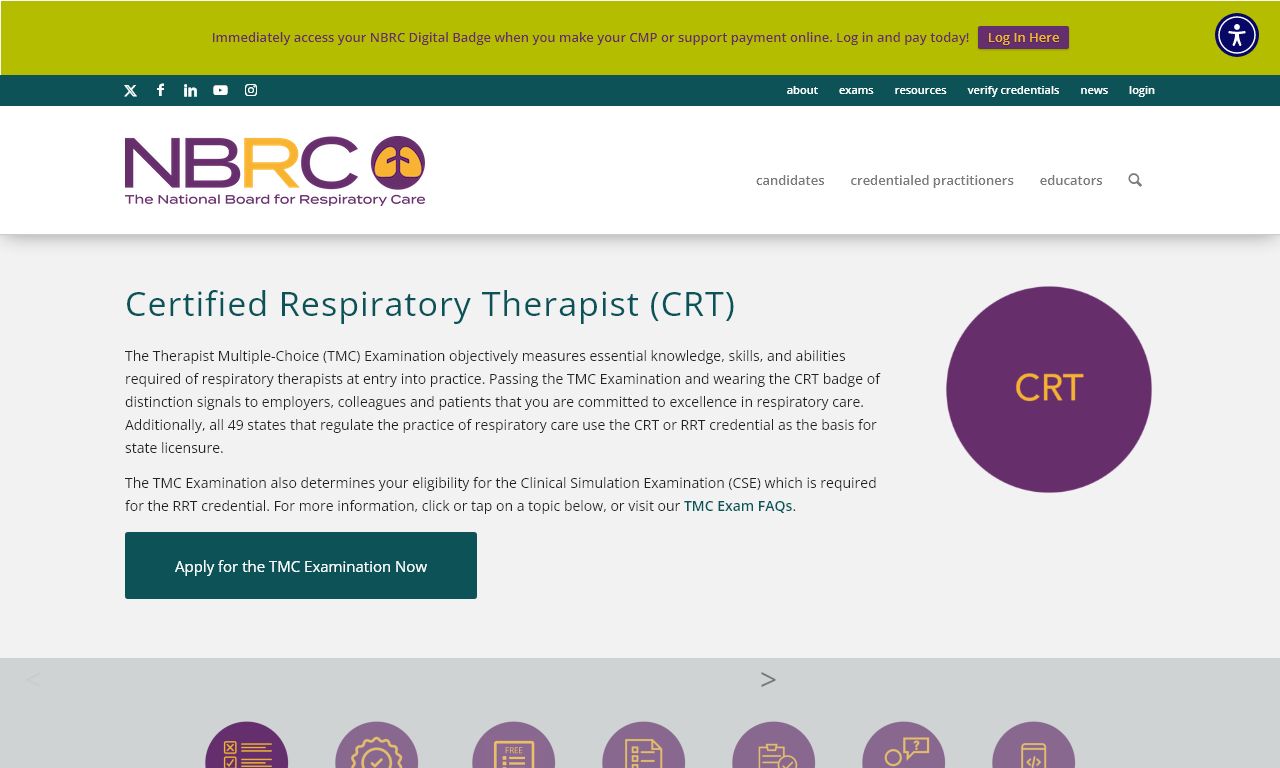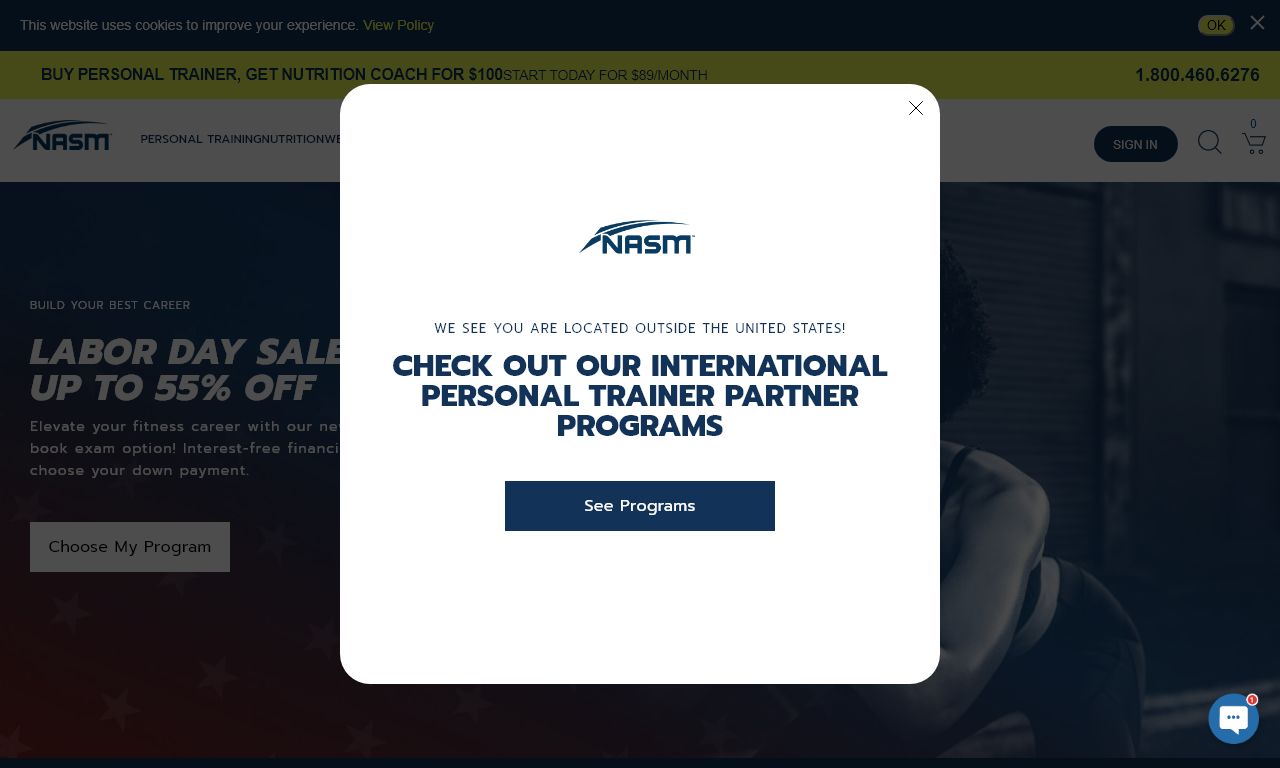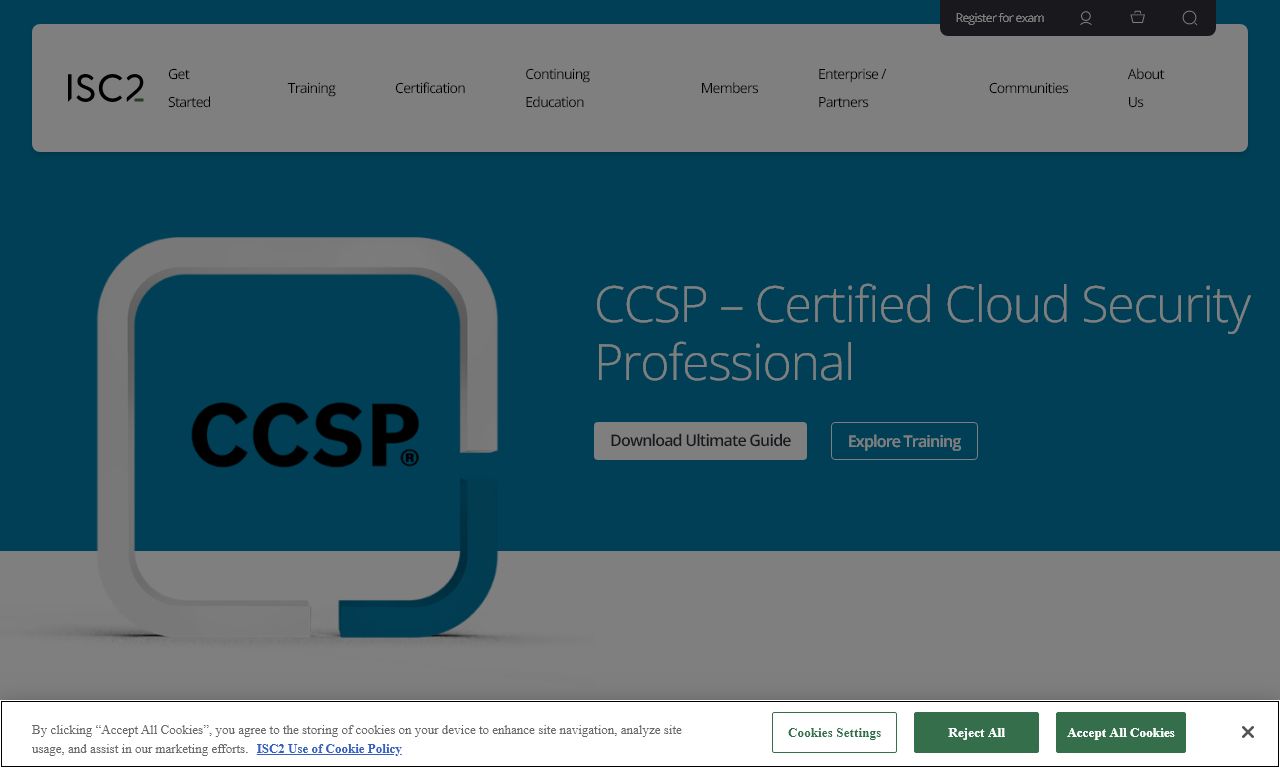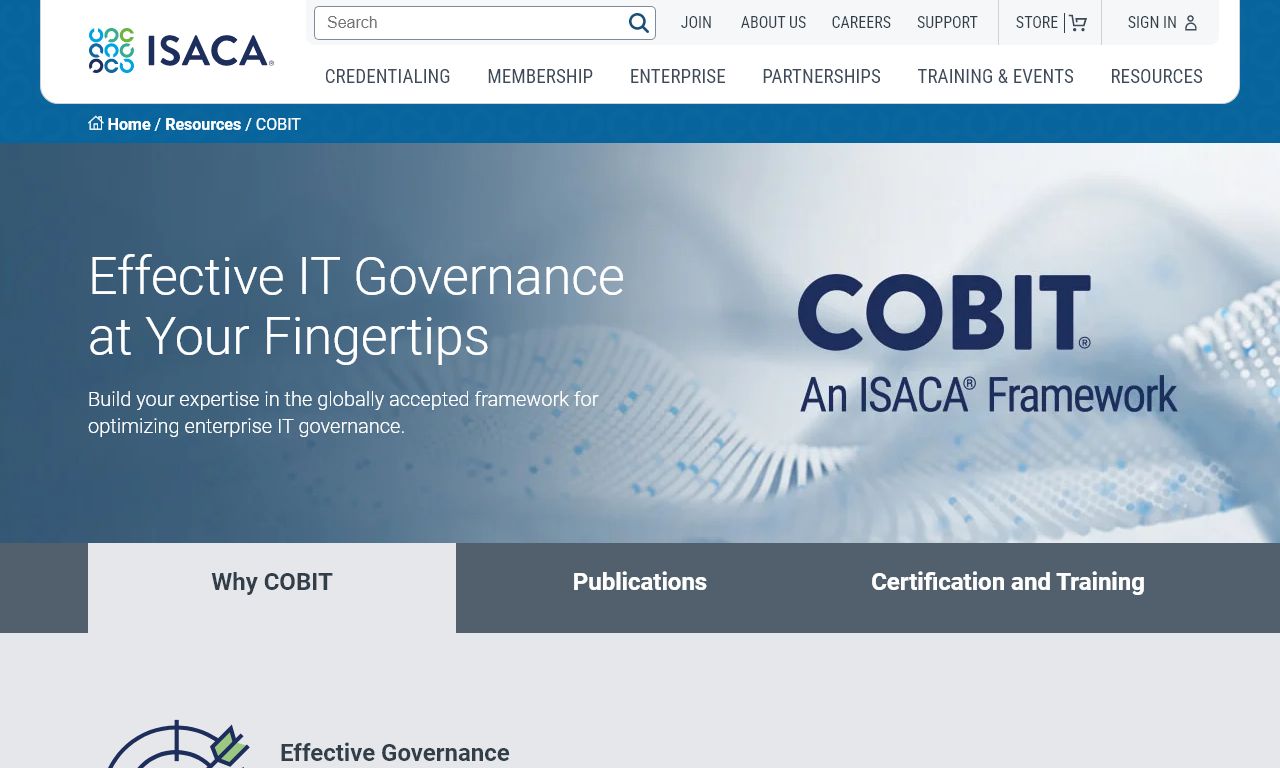CRT Exam Overview
The Certified Respiratory Therapist (CRT) exam is administered by the National Board for Respiratory Care (NBRC). This examination is designed to objectively measure the essential knowledge, skills, and abilities required of entry-level respiratory therapists.
Exam Eligibility Requirements
To be eligible for the CRT Examination, candidates must meet one of the following requirements:
- Be a graduate of and have a minimum of an associate degree from a respiratory therapy education program supported or accredited by the Commission on Accreditation for Respiratory Care (CoARC).
- Be a CRT for at least four years prior to applying for the examinations associated with the RRT credential.
- Be a CRT for at least two years prior to applying for the examinations associated with the RRT credential AND have earned a baccalaureate degree from an accredited college or university.
Exam Content
The CRT Examination consists of 160 multiple-choice questions (140 scored items and 20 pretest items) covering three major content areas:
- Clinical Data (40 questions)
- Equipment (25 questions)
- Therapeutic Procedures (75 questions)
Candidates are given 4 hours to complete the examination.
Exam Fees
The examination fee for the CRT Exam is $190 for new applicants. This fee covers the cost of the examination and one score report.
Exam Scheduling
The CRT Examination is offered year-round at various testing centers across the United States. Candidates can schedule their examination appointment online through the NBRC website once their application has been approved.
Exam Preparation
The NBRC provides a variety of resources to help candidates prepare for the CRT Examination, including:
- Detailed Content Outline
- Sample Examination Questions
- Reference Lists
- Self-Assessment Examination (SAE)
These resources are available on the NBRC website.
Exam Results
Examination results are reported as a scaled score, with a minimum passing score of 75. Candidates will receive their score report immediately upon completing the examination at the testing center.
